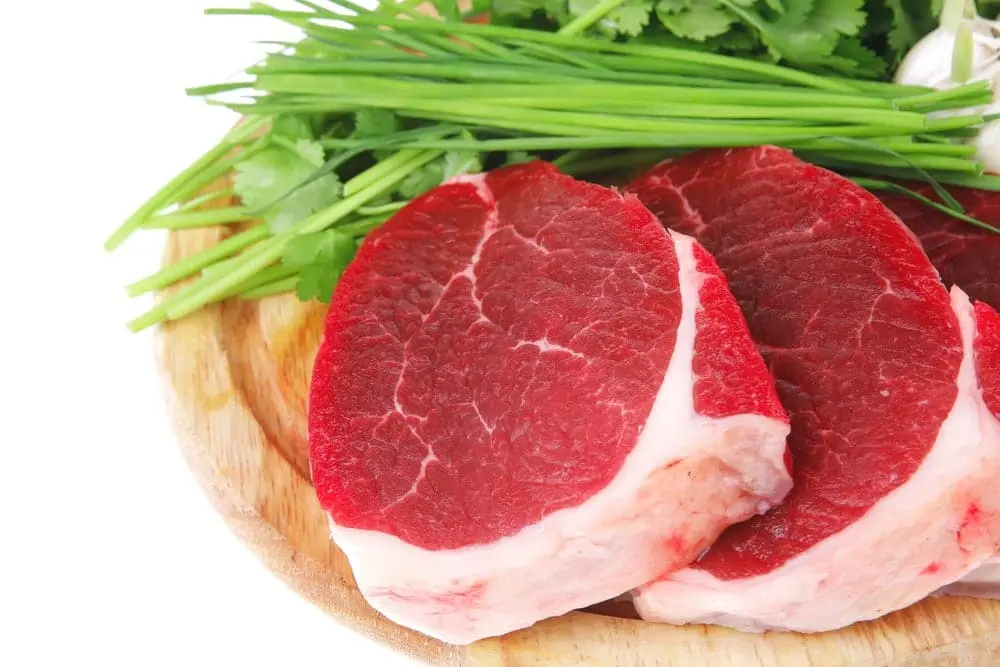
In the ever-expanding landscape of dietary preferences, Halal meat has emerged as a choice that extends beyond religious considerations. This article serves as a comprehensive guide, providing readers with a thorough understanding of what makes meat Halal and delving into the reasons why it matters in today’s diverse and conscientious consumer landscape.
Halal meat, rooted in Islamic dietary laws, has gained prominence not only among followers of Islam but also among those seeking ethical and humane choices in their diets. This article aims to unravel the essentials of Halal meat, shedding light on its defining characteristics and exploring the broader significance that resonates with an increasingly discerning consumer base.
The Foundation of Halal:
At its core, the term “Halal” means permissible in Arabic. When applied to meat, Halal signifies that the animal has been raised, slaughtered, and processed in accordance with Islamic principles outlined in the Quran. The foundation of Halal meat lies in a commitment to humane treatment, ethical sourcing, and the invocation of the name of Allah during the slaughtering process.
Humane Slaughtering Practices:
One of the key distinguishing features of Halal meat is the emphasis on humane slaughtering practices. The Zabiha method involves a swift and precise cut to the throat, ensuring minimal pain for the animal. This approach aligns with contemporary concerns for animal welfare, making Halal meat an ethical choice for those who prioritize humane treatment in the food production process.
Significance in Islamic Dietary Laws:
Halal meat holds profound significance in Islam, with specific guidelines governing what is permissible and what is not. The consumption of Halal meat is seen as a way of maintaining purity and adherence to religious principles. The process of Halal certification ensures that the entire supply chain, from farming to processing, complies with these religious laws.
Traceability and Transparency:
Choosing Halal meat provides consumers with a level of traceability and transparency that is increasingly valued in today’s food industry. Halal certification involves rigorous inspections and audits, offering assurance to consumers about the authenticity and integrity of the meat they are purchasing. This transparency is particularly important for those who prioritize knowing the origins of their food.
Cultural Inclusivity:
While Halal meat has its roots in Islamic dietary laws, its appeal extends beyond religious boundaries. Embracing Halal meat reflects a commitment to cultural inclusivity, allowing individuals from diverse backgrounds to share in the culinary experience. This inclusivity aligns with the broader trend of celebrating and respecting cultural diversity in food choices.
Ethical and Health Considerations:
Halal meat caters to both ethical and health-conscious consumers. The stringent slaughtering standards contribute to a cleaner and safer product, reducing the risk of bacterial contamination. Additionally, the emphasis on natural and unprocessed methods aligns with the preferences of those seeking healthier and more conscientious dietary choices.
Understanding what makes meat Halal goes beyond religious observance. It encompasses ethical sourcing, humane practices, and a commitment to transparency. As consumers increasingly seek meaning and mindfulness in their dietary choices, Halal meat emerges as a choice that resonates with a broad spectrum of values. By exploring the foundations and significance of Halal meat, individuals can make informed decisions that align with their cultural, ethical, and health preferences.



